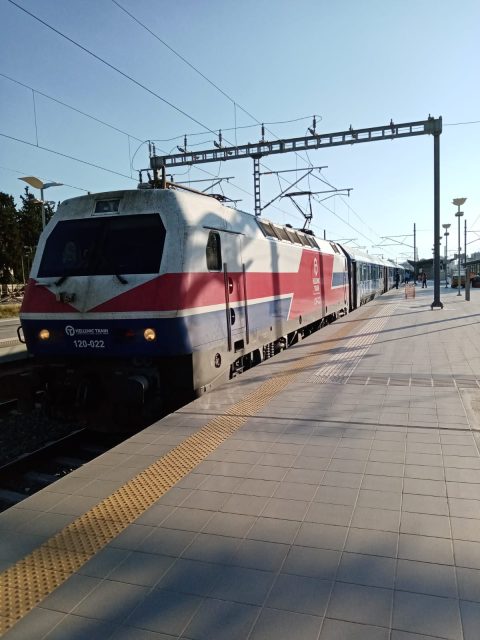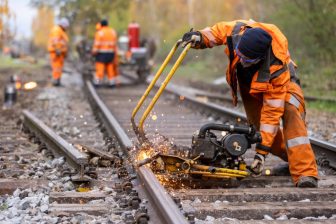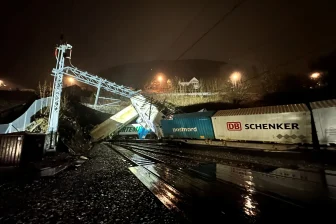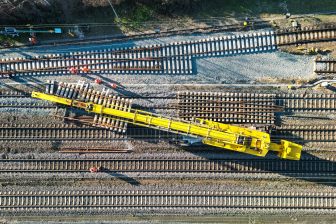
Trains in Greece gradually return to tracks after deadly collision
Sprinter train in Athens of the same type involved in the crash Nikolas Skevis, WikiMedia
Rail services across Greece were gradually resumed on Wednesday, having been suspended for three weeks following the rail tragedy at Tempi near Larissa. On February 28, two trains collided, killing 57 people. Additional measures are in place for the time being until structural upgrades are in place, such as having two station masters to increase safety.
Want to read more?
You have read all of your free premium articles for this month. Please become a subscriber to keep reading.
Subscribe now!
Take advantage of our exclusive offer to get full access to all premium content.



